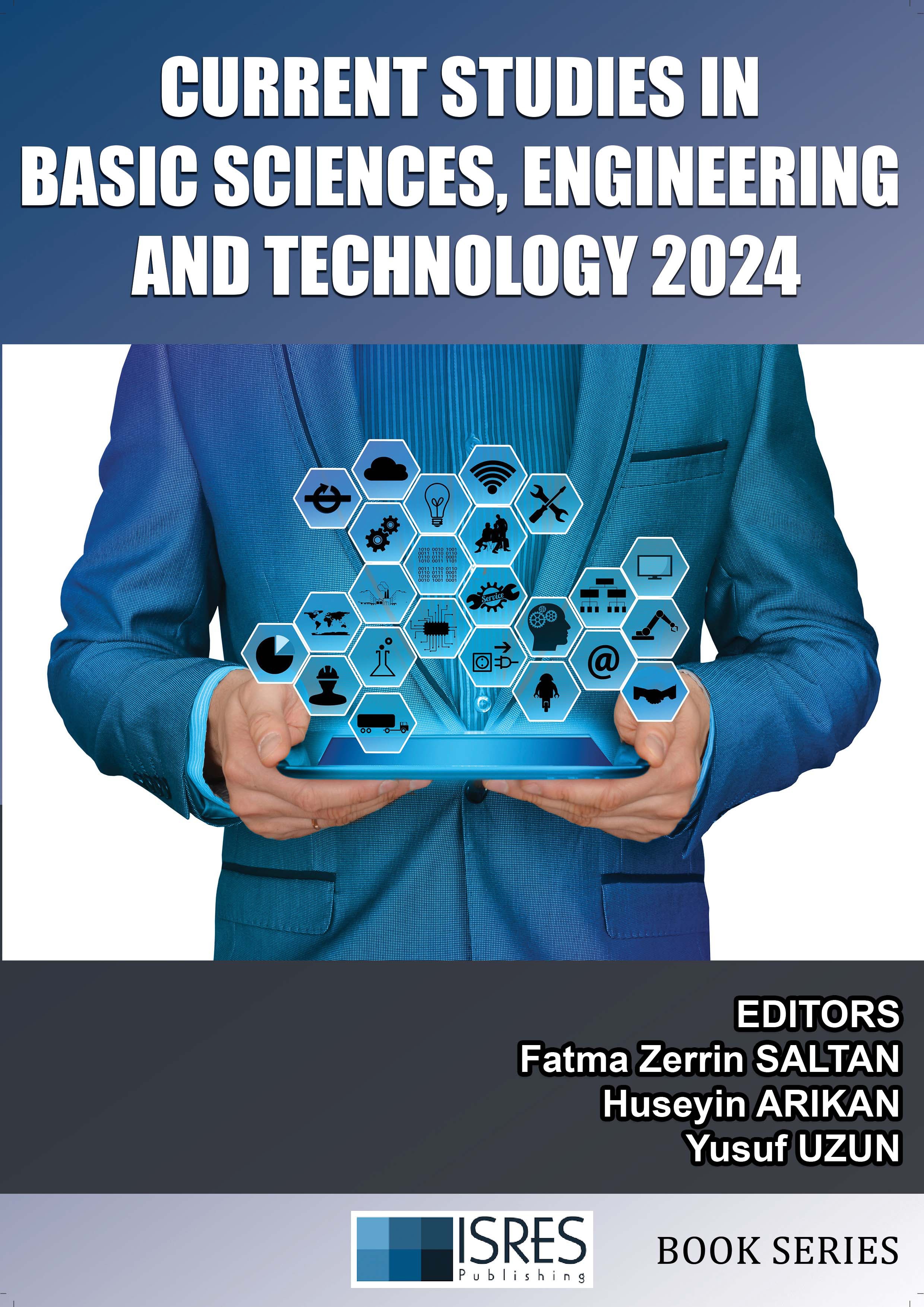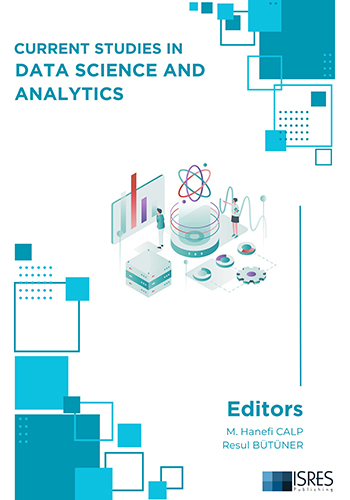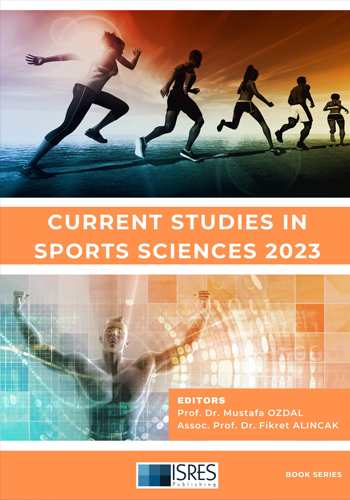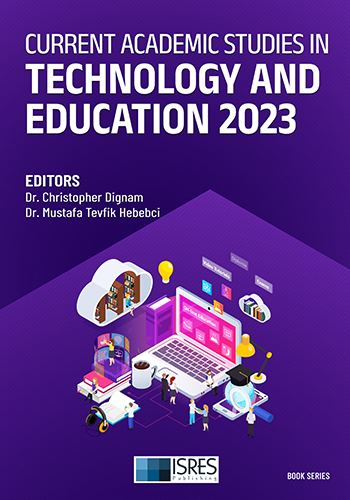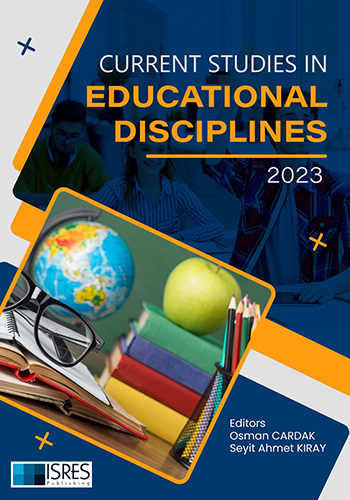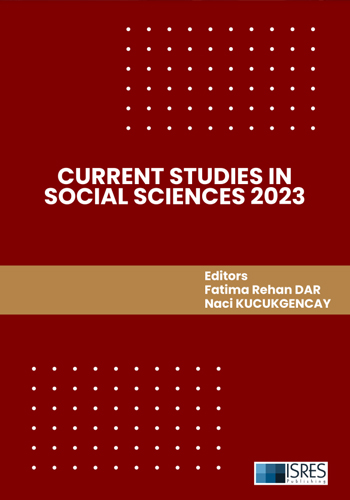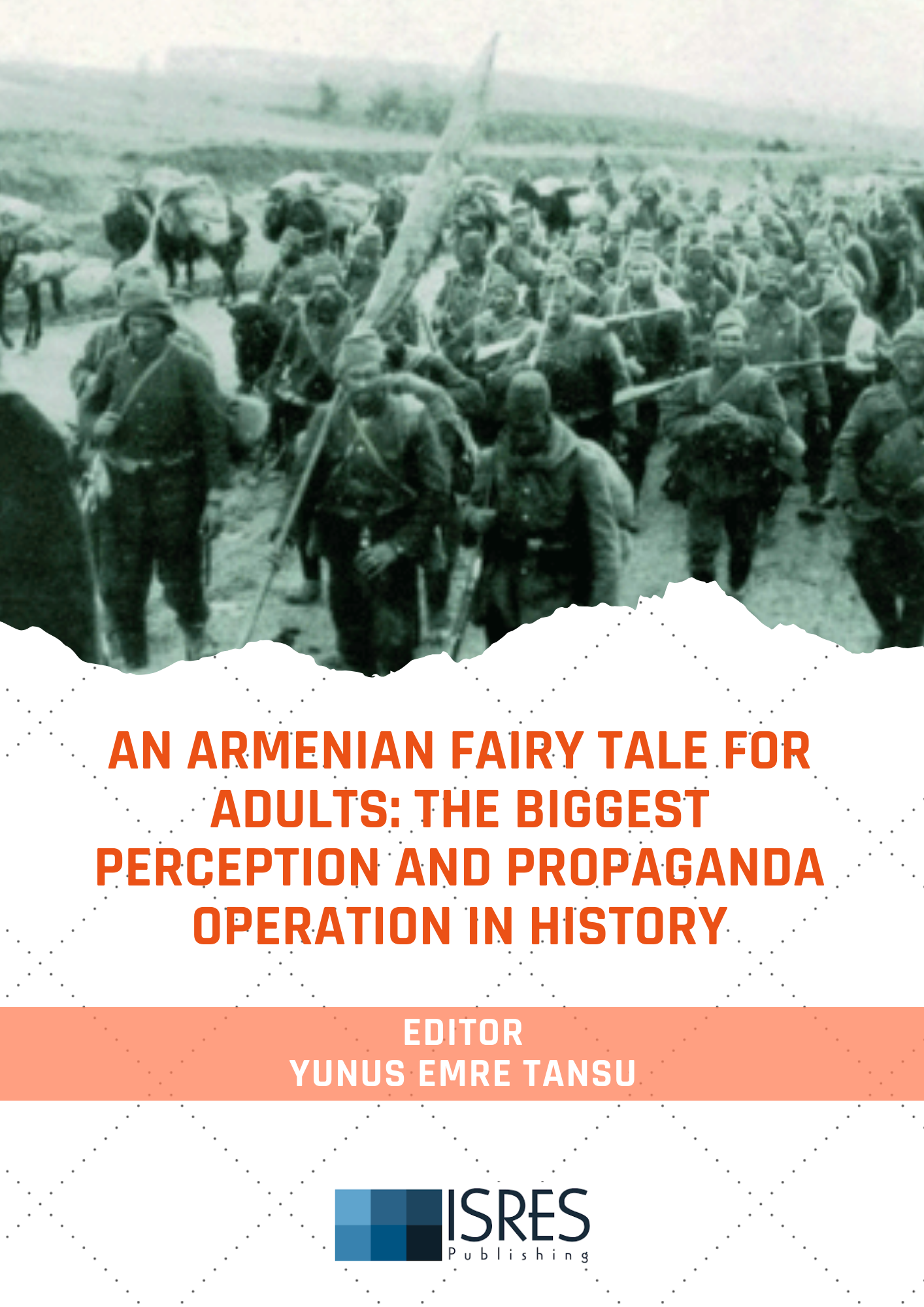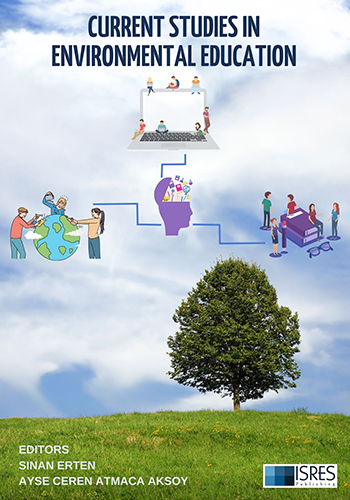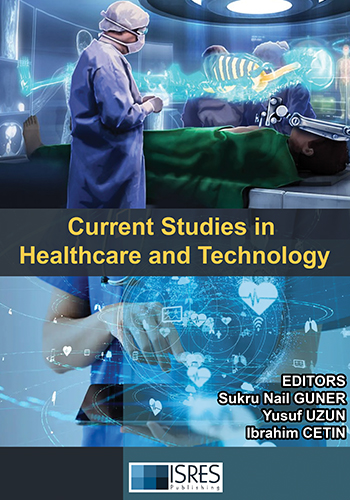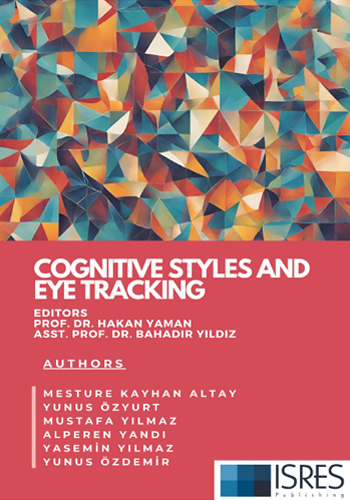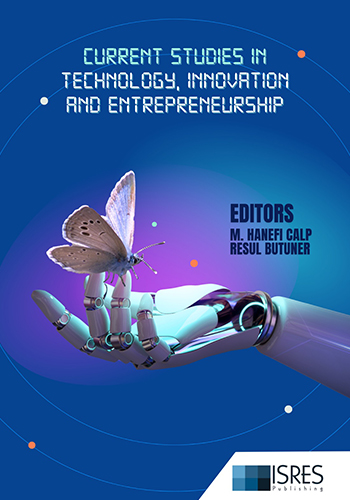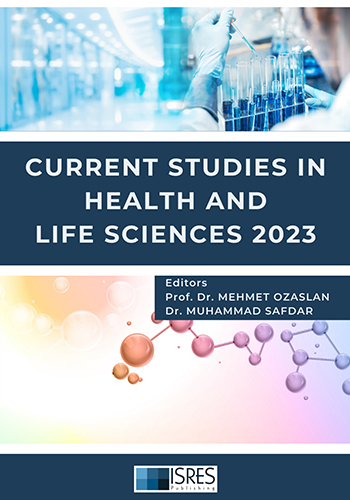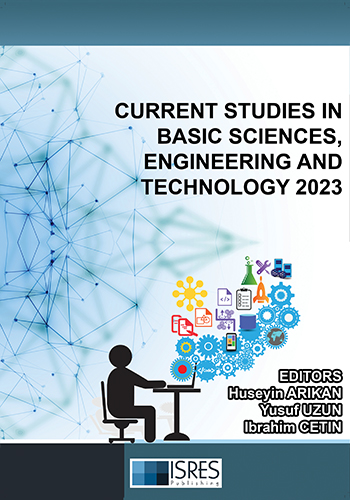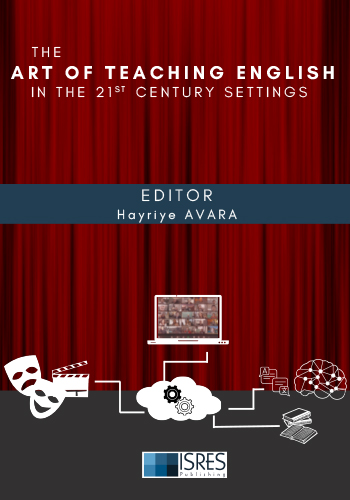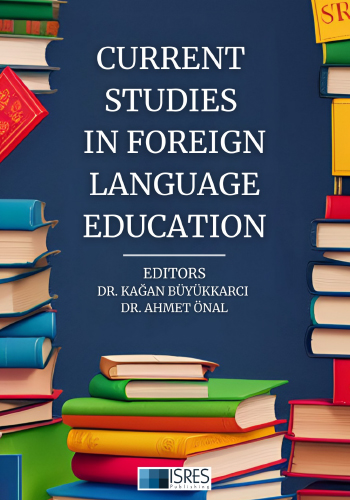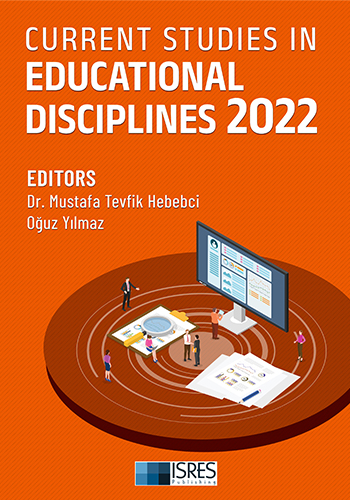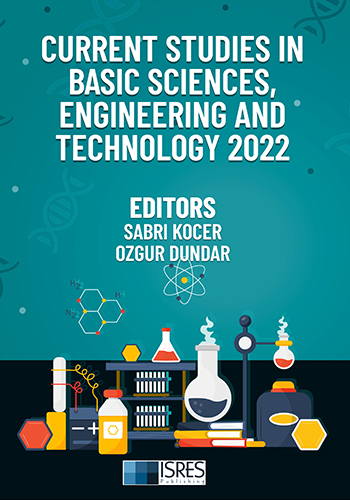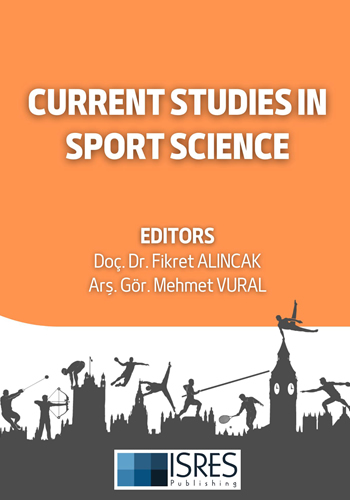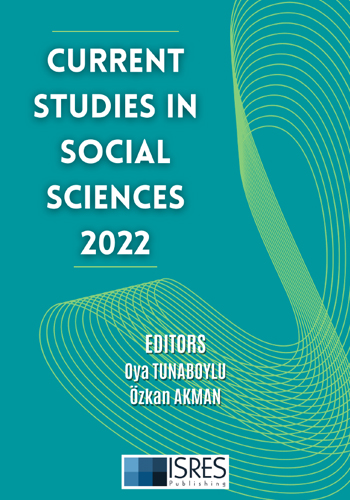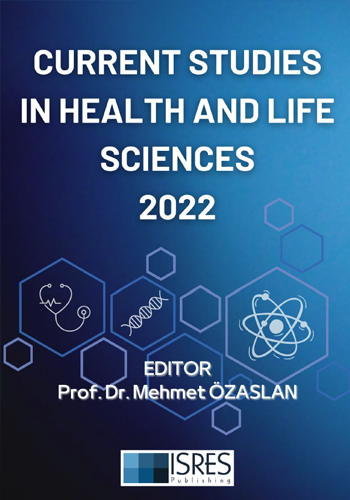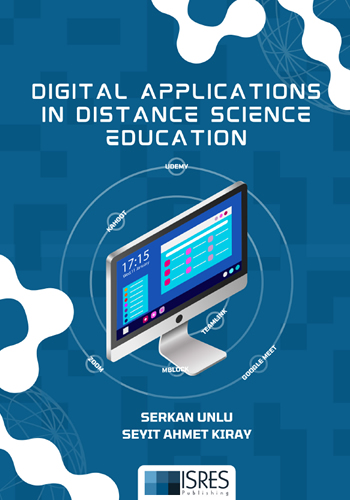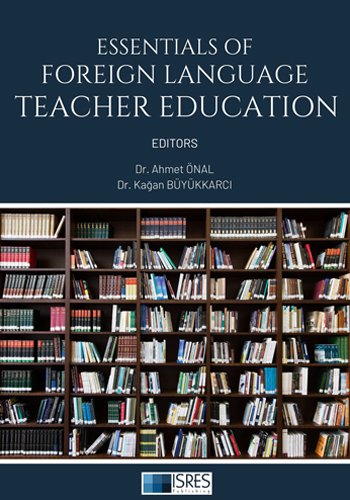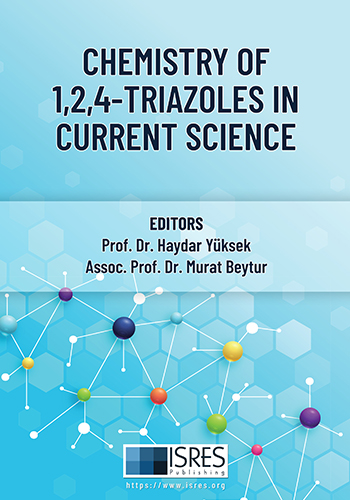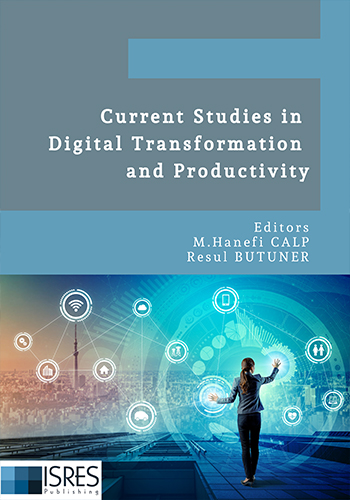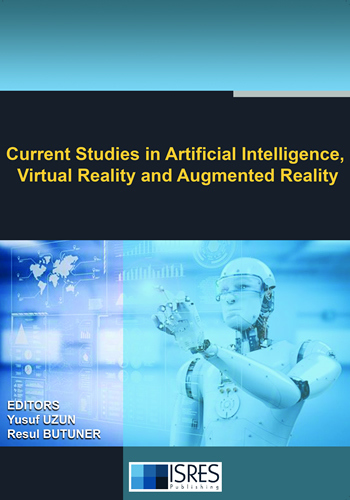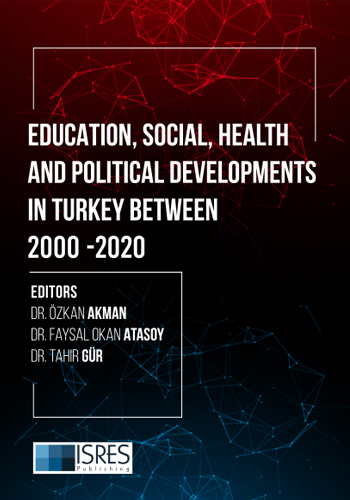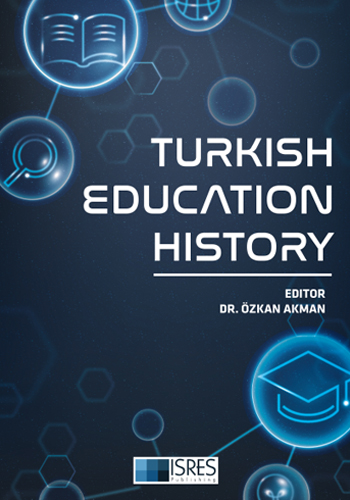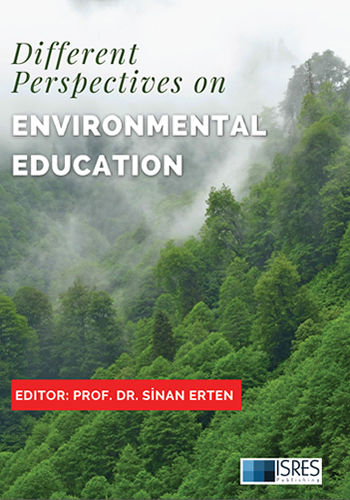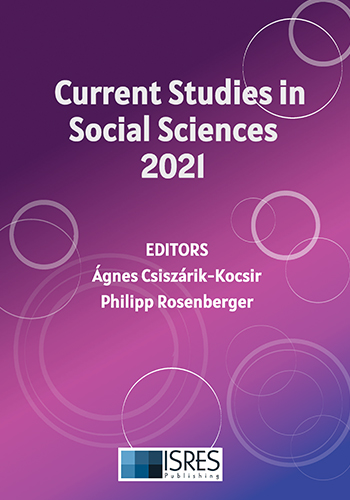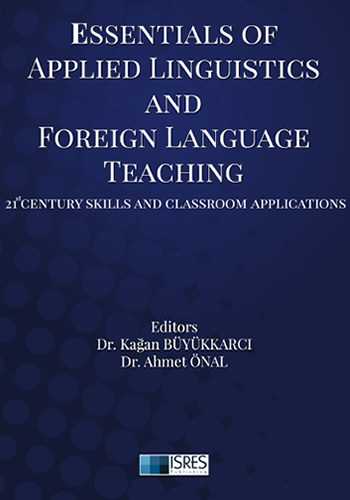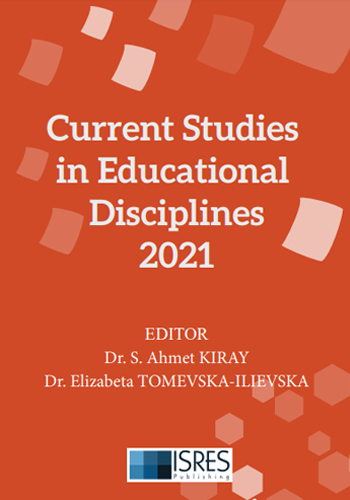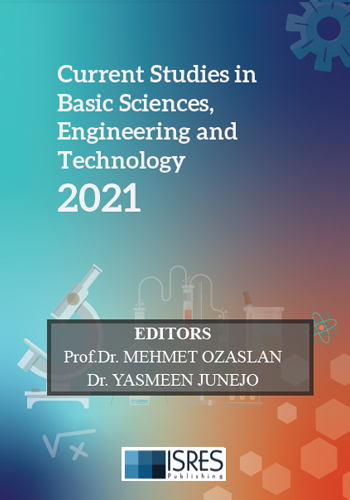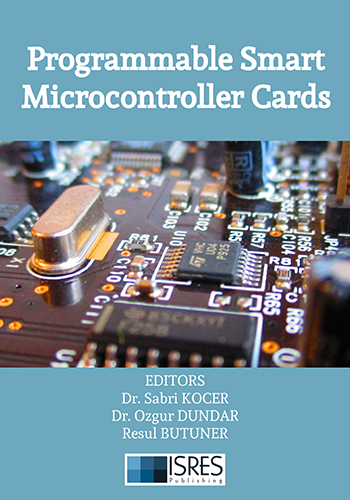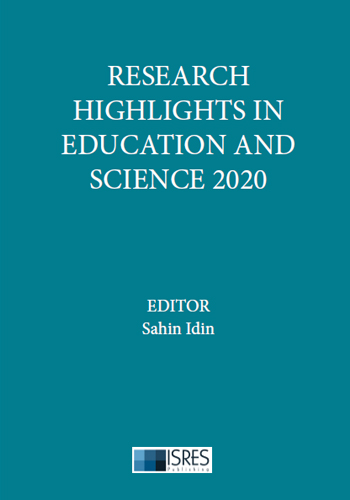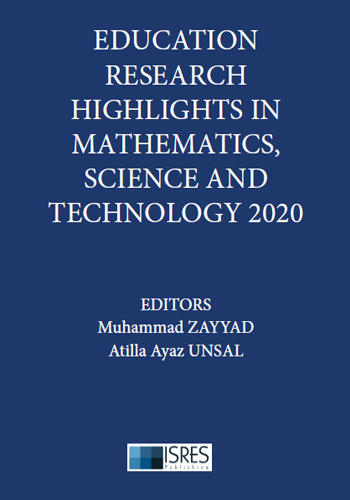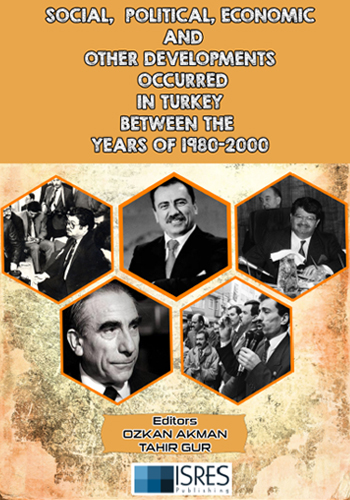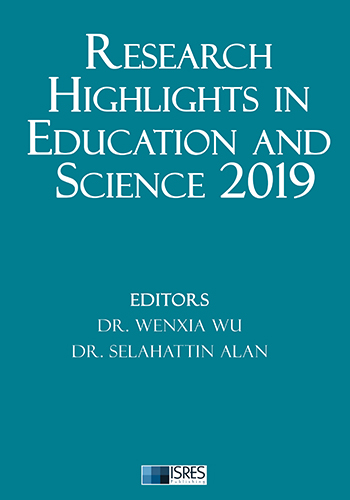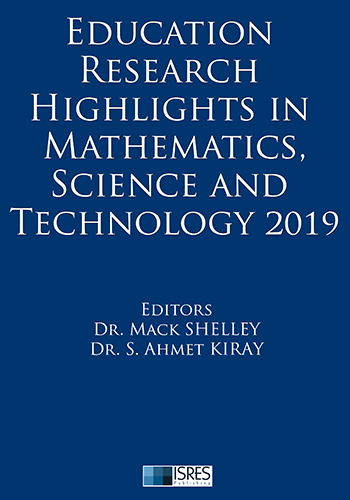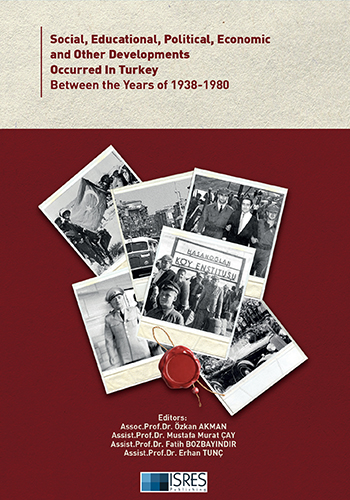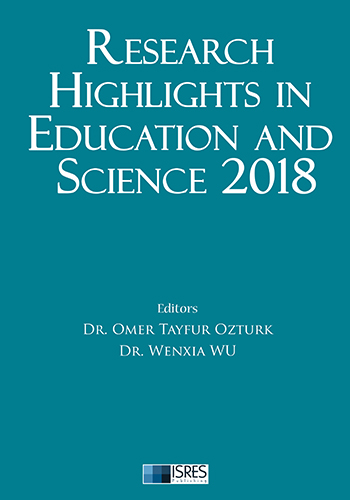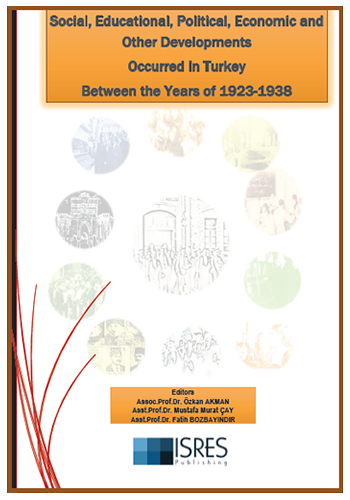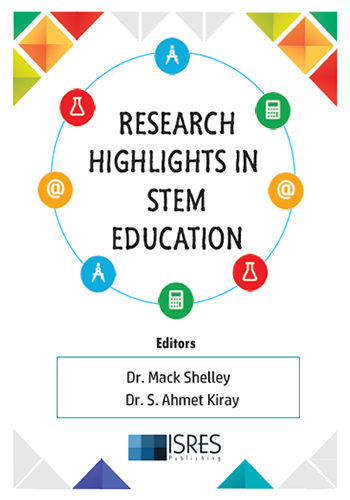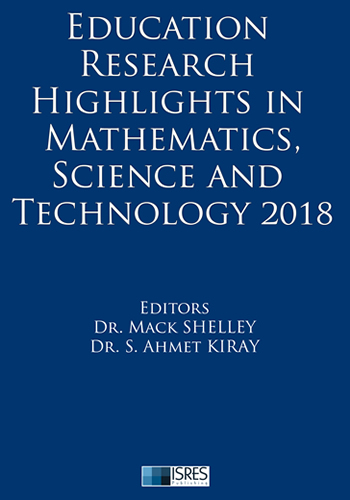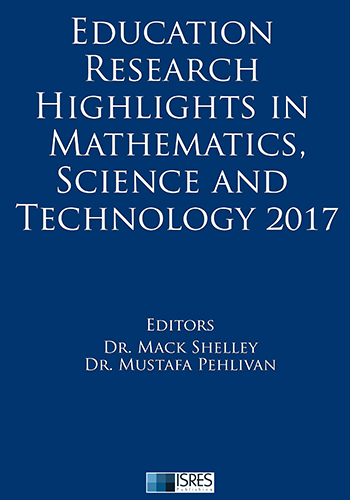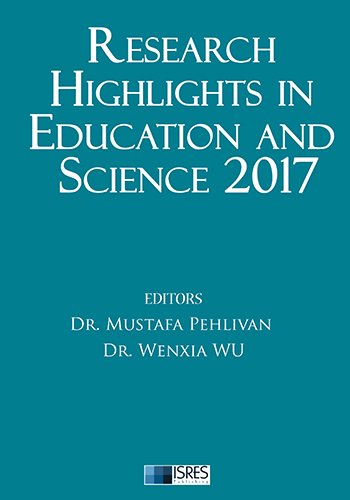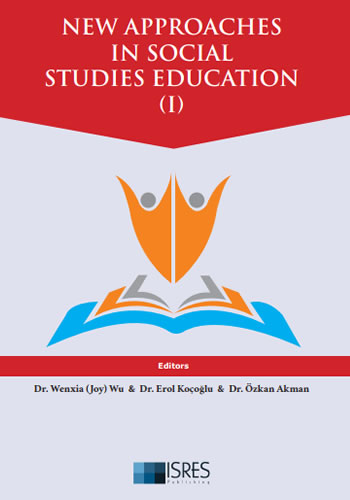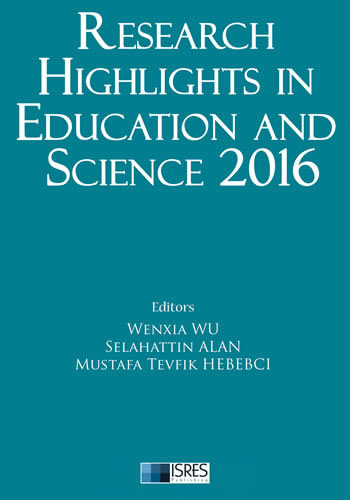Abstract: The researches conducted by scientific community shows that student spare more time on games than activities like reading books, watching television. The popularity of computer games, which caused huge addiction on people since the day they were introduced, is increasing day by day. Educational computer games are developed in order to create a better teaching environment by benefiting from people’s interest in computer games. Through educational computer games, students have the opportunity to have fun while learning. Researches prove that learning through educational computer games becomes more persistent on students. In addition, students can learn complex and hard to learn concepts in an easier way. The history of computer games begins from 1960s. Formerly the games used to be composed of simple screen images, they are now have gained 3 dimensional and more realistic display. Educators began to consider computer games as a tool that can be used in education, after their achievements in 1980 and 1990s (Mayer et al., 1999). As a result of these studies, concepts as Computer Aided Education (CAE), Game Based Learning (GBL), and Digital Game Based Learning (DGBL) have emerged. Software/Algorithm development courses are fundamental courses for computer science related departments. Besides, among these courses, students usually consider issues as decision-control structures and loop structures rather hard to learn. An educational computer game is designed in order to teach students these subjects with the help of computer aided interactive digital games. Kodu Game Lab, a commonly used application in the market, is used to design the game. In the game, it is aimed that students to learn the topic in a persistent and entertaining way with the use of three-dimensional graphics.
Teaching Algorithms By Educational Digital Game Programming
Education Research Highlights in Mathematics, Science and Technology 2016
Editors: Mack Shelley, S. Ahmet Kıray, Ismail Celik
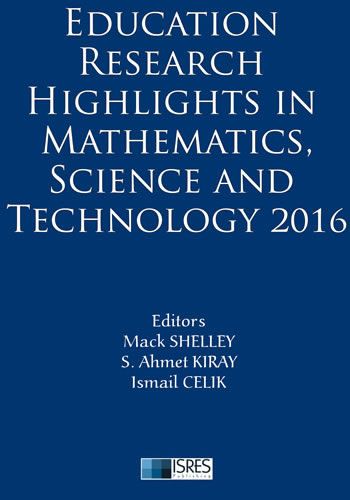
4501
Teaching Algorithms By Educational Digital Game Programming
Chapter Authors: Selahattin Alan, Davut Alan, Şakir Taşdemir
Pages: 119-129
Other Chapters
Development of the Secondary-Biology Concept Inventory (S-BCI): A Study of Content and Construct Validation
Andria Stammen, Deb Lan, Anita Schuchardt, Kathy Malone, Lin Ding, Zakee Sabree, William Boone
More Info Pages: 2-8
Development of Children’s Understanding of the Surface Orientation of Liquids
Marija Bošnjak Stepanović, Milica Pavkov Hrvojević, Dušanka Obadović
More Info Pages: 9-15
Bioethics in Science Education
Gülbin Özkan, Ünsal Umdu Topsakal
More Info Pages: 16-21
Experiencing Inquiry with Kindergarten: Science for Kids
Ayşe Oğuz Ünver, Sertaç Arabacıoğlu, Hasan Zühtü Okulu
More Info Pages: 22-31
Microscope Usage Information: Sample of Science Teacher Candidates
Sibel Demir Kaçan
More Info Pages: 32-38
Interaction of Genotype and Environnment in Expression of Phenotype: Do University Students Integrate Knowledge About Epigenetics
Boujemaa Agorram, Sabah Selmaoui, Moncef Zaki, Salaheddine Khzami
More Info Pages: 39-47
The Use of Edible Science Projects in Teaching Science Concepts
Arif Çömek, Mehtap Yıldırım, Zehra Betül Alp
More Info Pages: 48-57
Vocational Acqusition of STEM Teachers in Cern Workshops
Mustafa Hilmi Çolakoğlu
More Info Pages: 58-65
Electrical Engineering Education
Mehtap Köse Ulukök, Özcan Demirel
More Info Pages: 66-72
Training Science Teachers of Secondary Education with Networking: From Web 2.0 to Edu 2.0
Maria Kalathaki
More Info Pages: 74-80
Bring Cosmos into the Classroom: 3D Hologram
Hasan Zühtü Okulu, Ayşe Oğuz Ünver
More Info Pages: 81-86
Turn Your Phones On: Using Android Devices to Collect Scientific Data
Matt Cochrane
More Info Pages: 87-95
Diffusion of M-Learning: Sakarya University Case
Naciye Güliz Uğur, Tuğba Koç
More Info Pages: 96-104
Perceptual Interfaces from the Perspective of Human-Computer Interaction and Its Use in Education
Esad Esgin, Neşe Gürbulak
More Info Pages: 105-113
Blended Achievement at Transnational Schools as Collaborative Learning Communities-Toward a Systemic Assessment Methodology
Mohamed Ziad Hamdan
More Info Pages: 114-118
Teaching Algorithms By Educational Digital Game Programming
Selahattin Alan, Davut Alan, Şakir Taşdemir
More Info Pages: 119-129
Prospective Elementary Mathematics Teachers’ Contextual, Conceptual, and Procedural Knowledge: Analysis of Selected Items from the Pisa
Utkun Aydin, Meriç Özgeldi
More Info Pages: 131-137
Creating Real Learning Experiences Rather than Teaching Based on the Traditional Transfer of Mathematical Information, at College Level
Elizabeth Mena Avilés, Ana Gema Guevara Aguilar, Roberto Rosas Rangel, Ernesto Save Moreno
More Info Pages: 138-142
Budapest/Hungary Conferences - August 28-31, 2025
We are pleased to invite you to ISRES conferences, which will be held at Obuda University/Budapest/Hungary on August, 28-31, 2025. The following conferences will be held in Budapest/Hungary:...
15.01.2025
Trabzon/Türkiye Conferences - May 01-04, 2025
ISRES Spring Conferences - Trabzon/Turkiye SOCIAL SCIENCES – May 1-4, 2025, Trabzon, Türkiye * 5th International Conference on Social Science Studies - IConSoS2025 ...
11.12.2024
Peja/Kosovo Conferences - July 10-13, 2025
We are pleased to invite you to our conferences, which will be held at University of Peja Haxhi Zeka on July, 10-13, 2025. The following conferences will be held in Peja/Kosovo: - 7th Internat...
28.11.2024





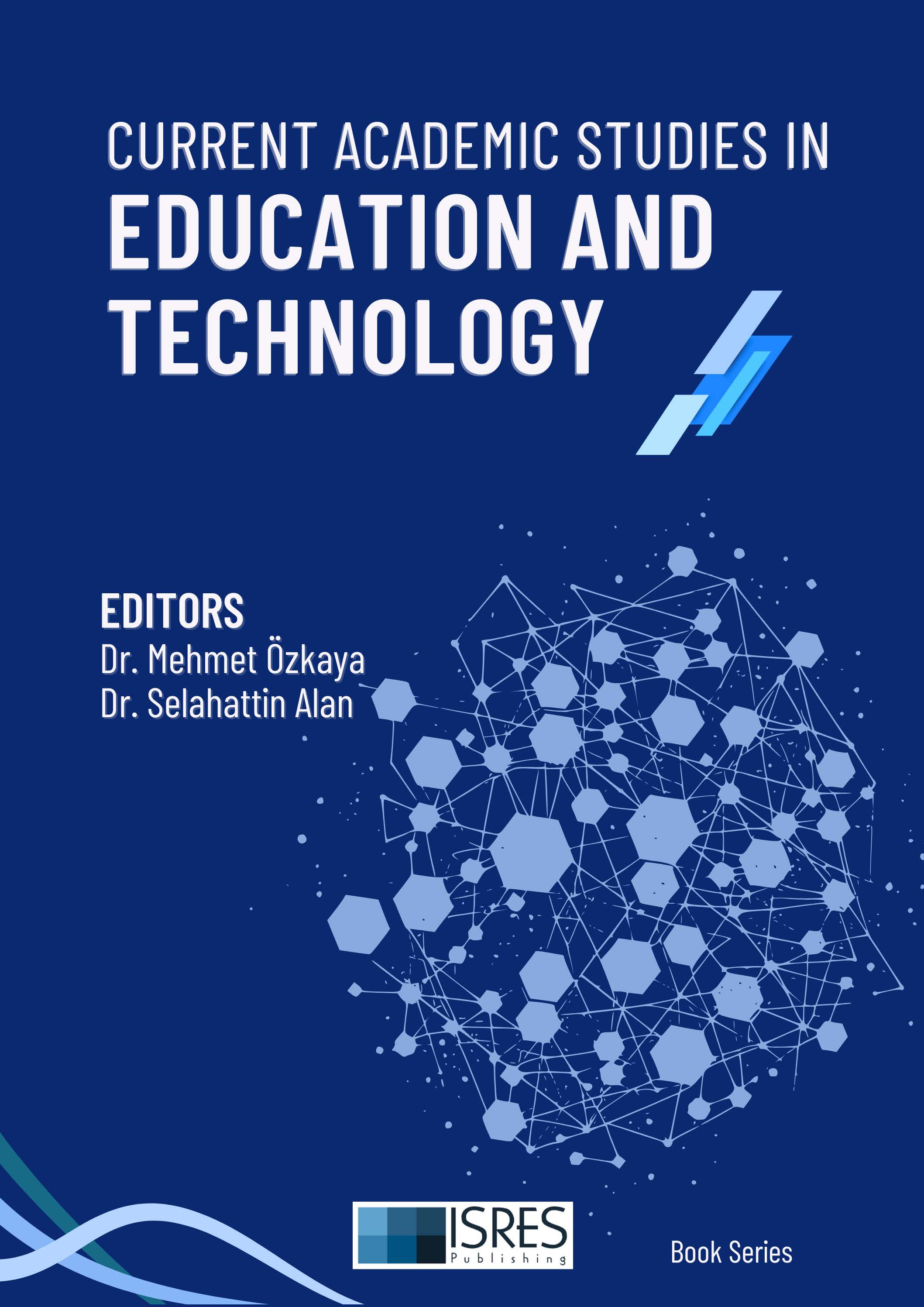
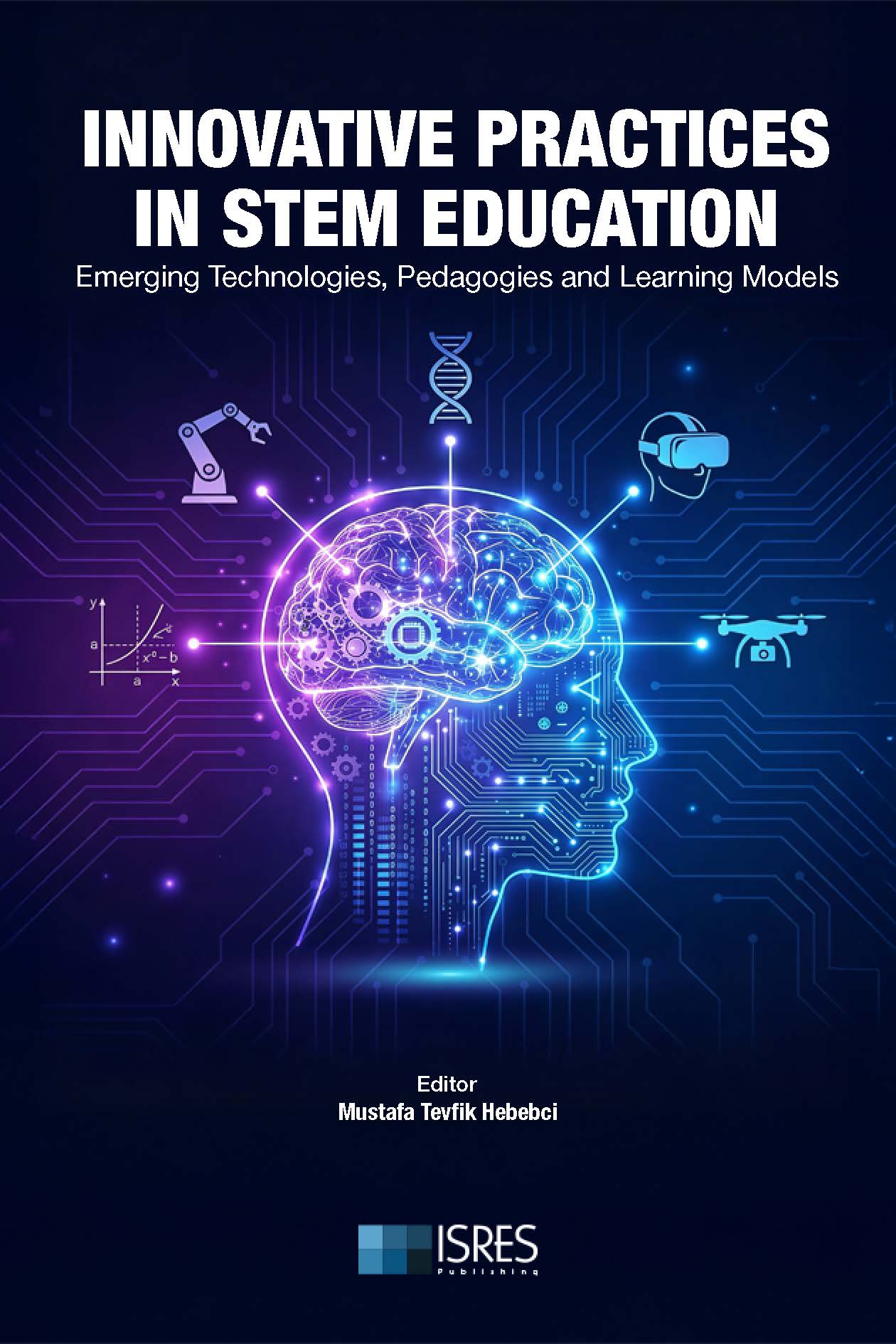
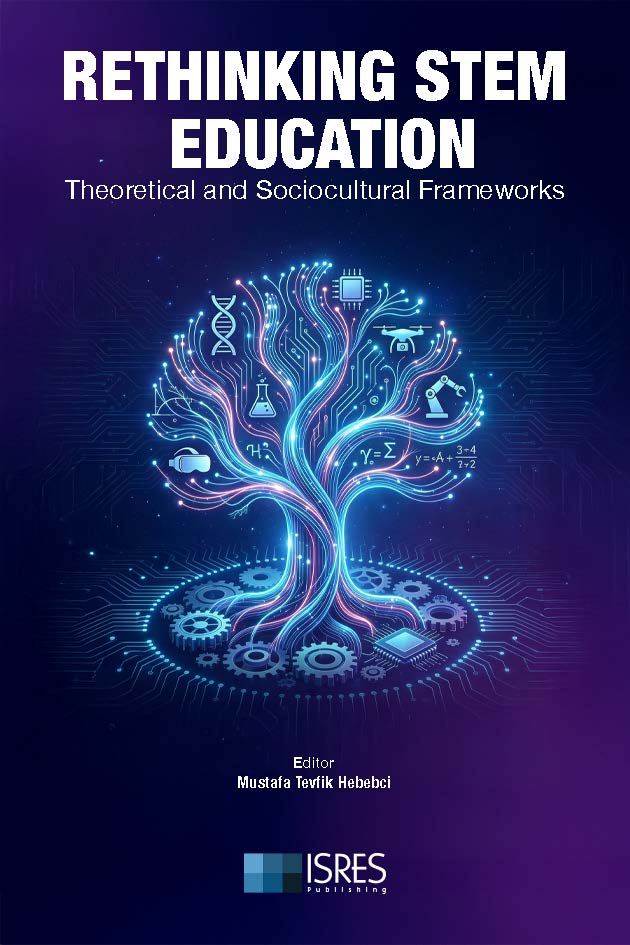
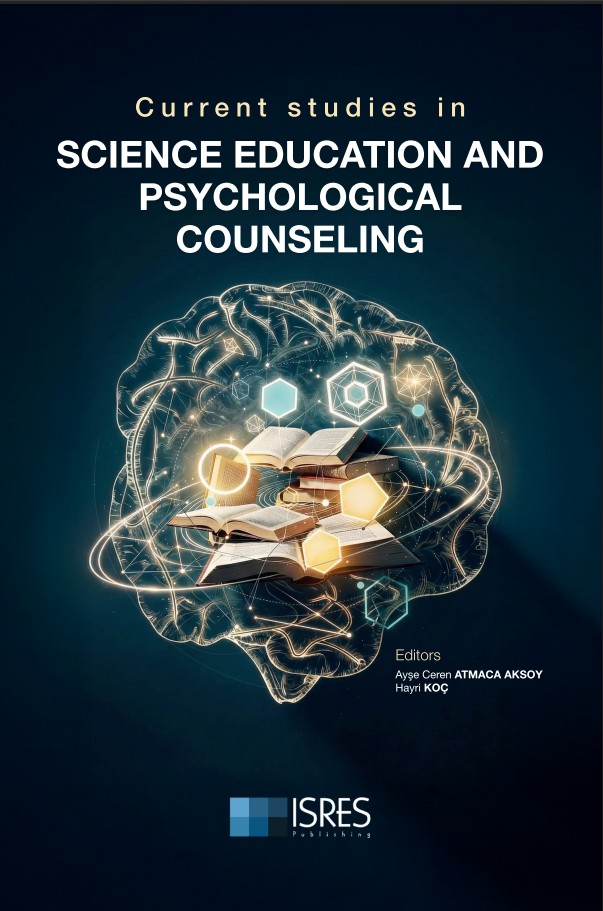
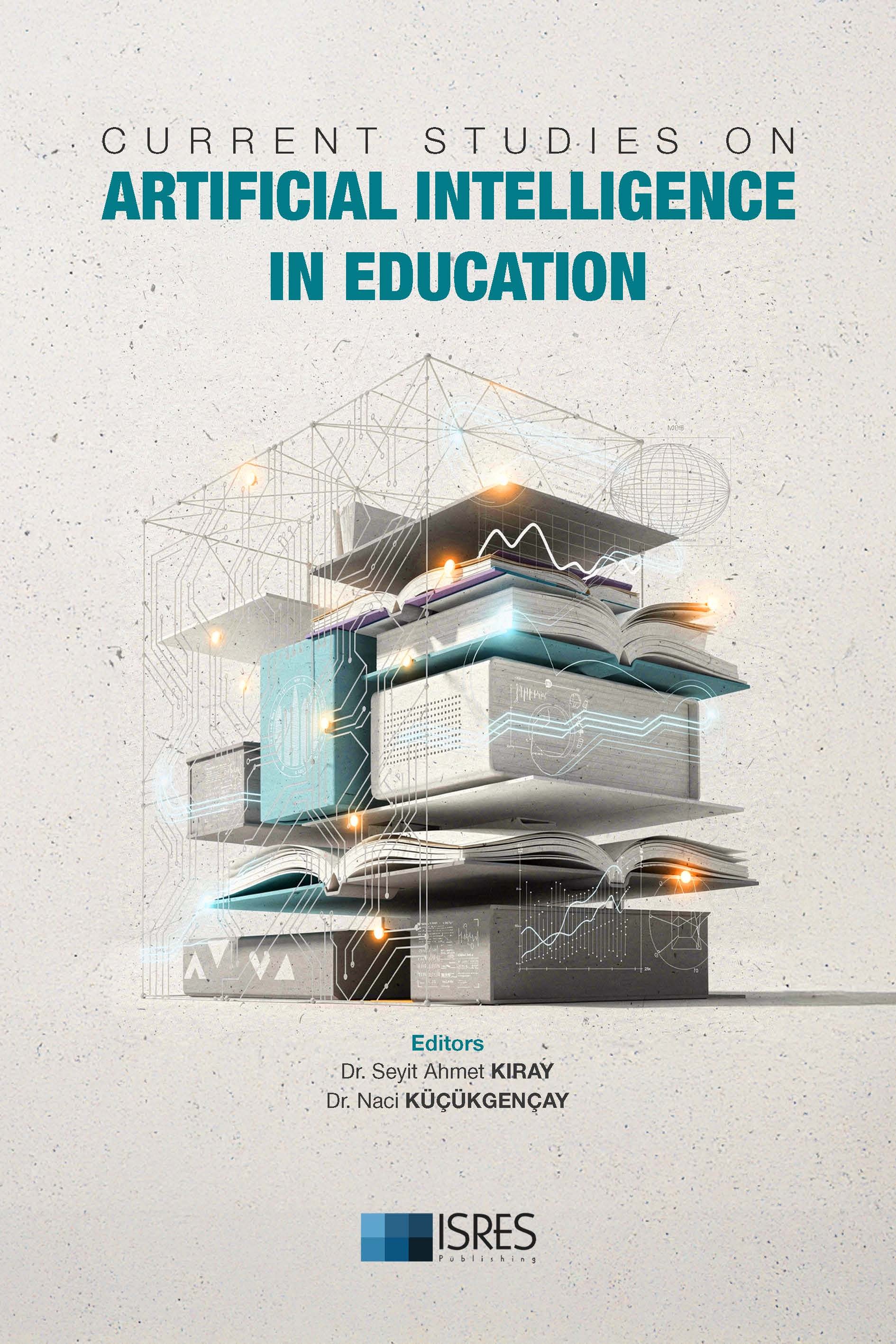
_Sayfa_001_23-12-2025.jpg)
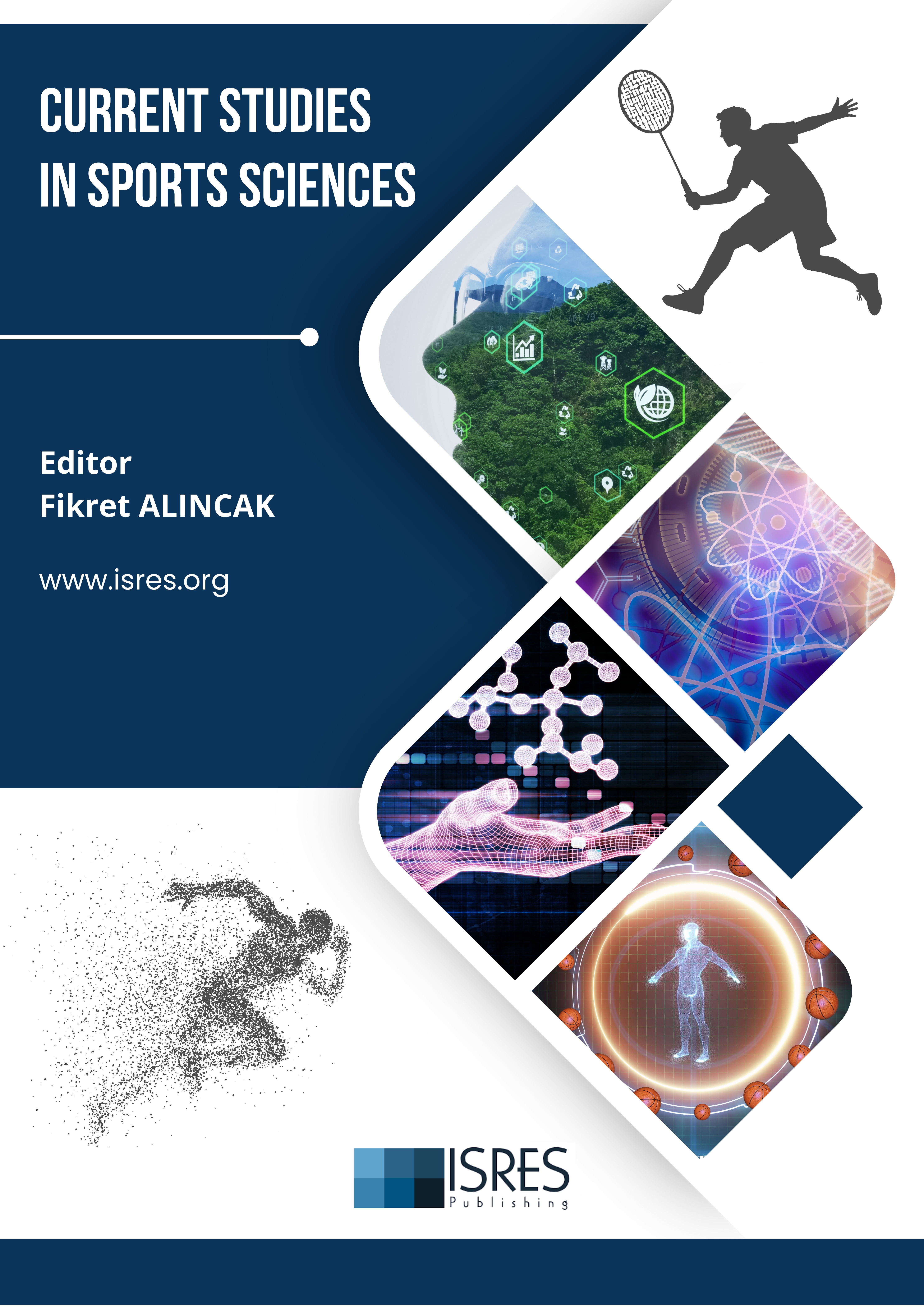

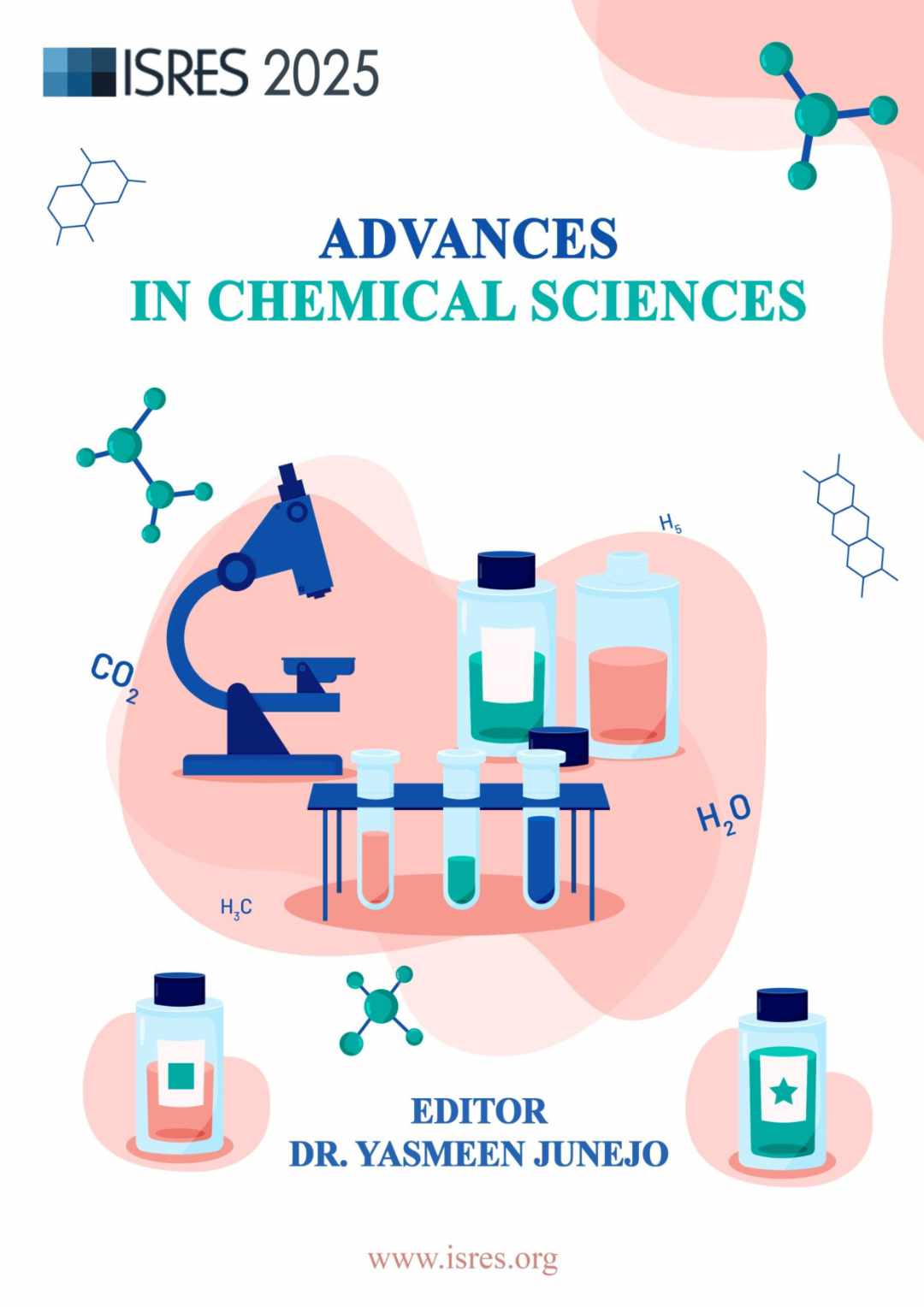
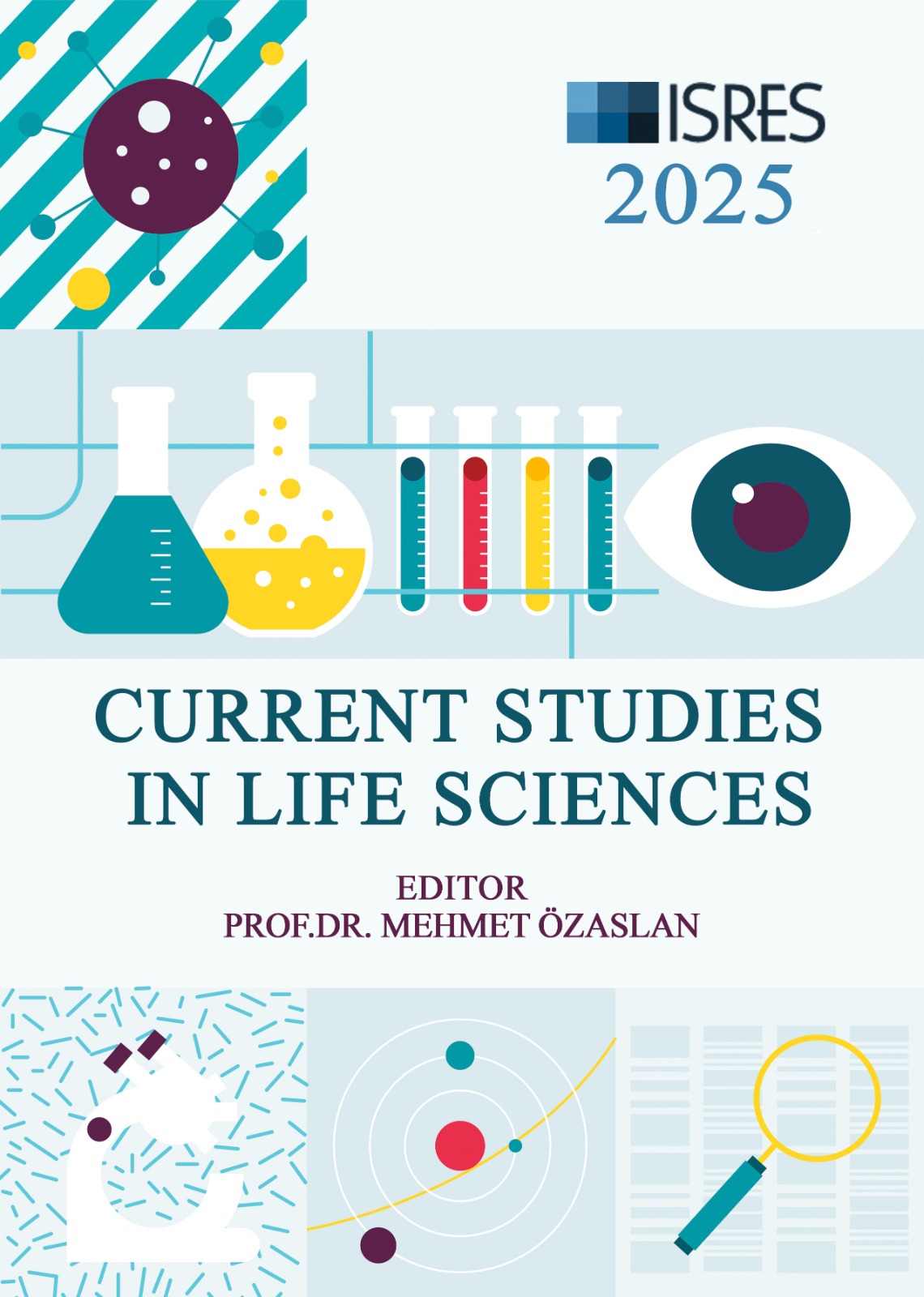
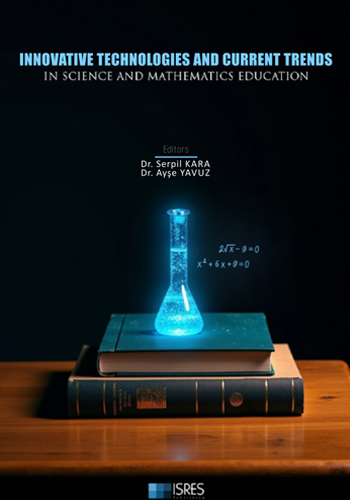

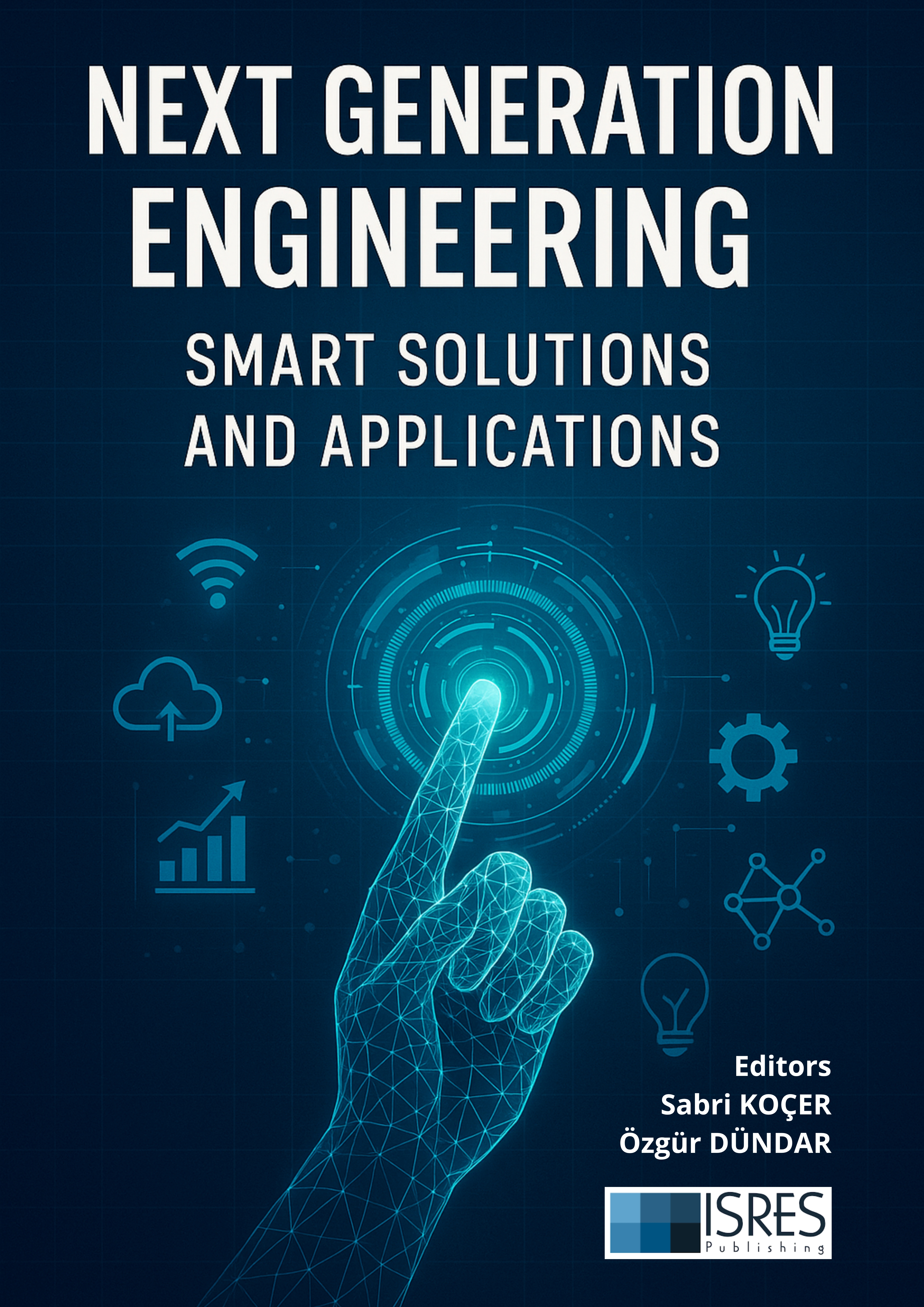
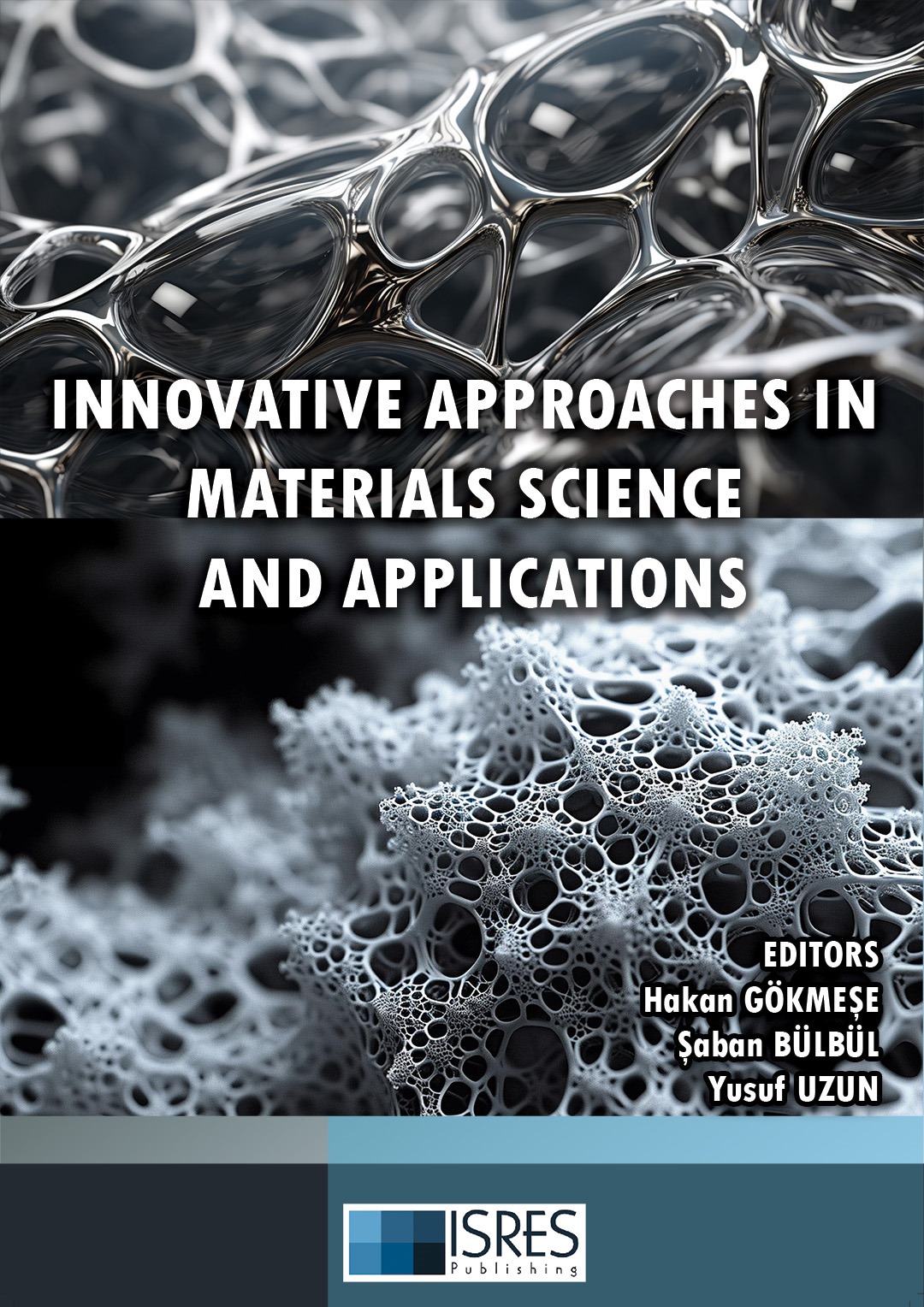
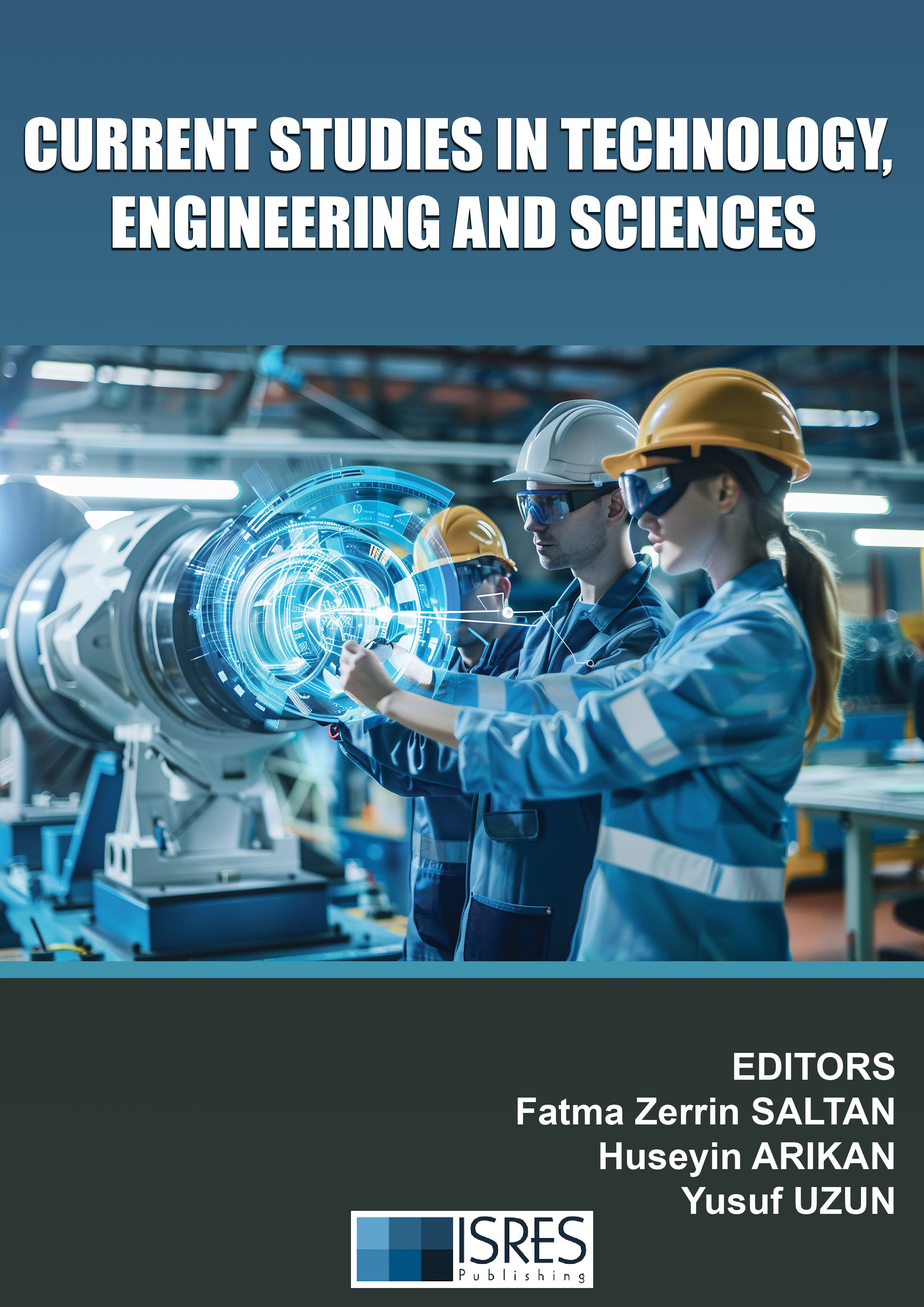
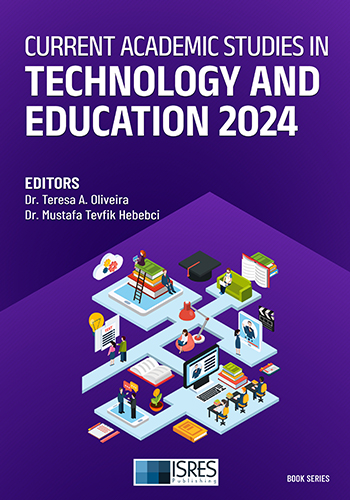
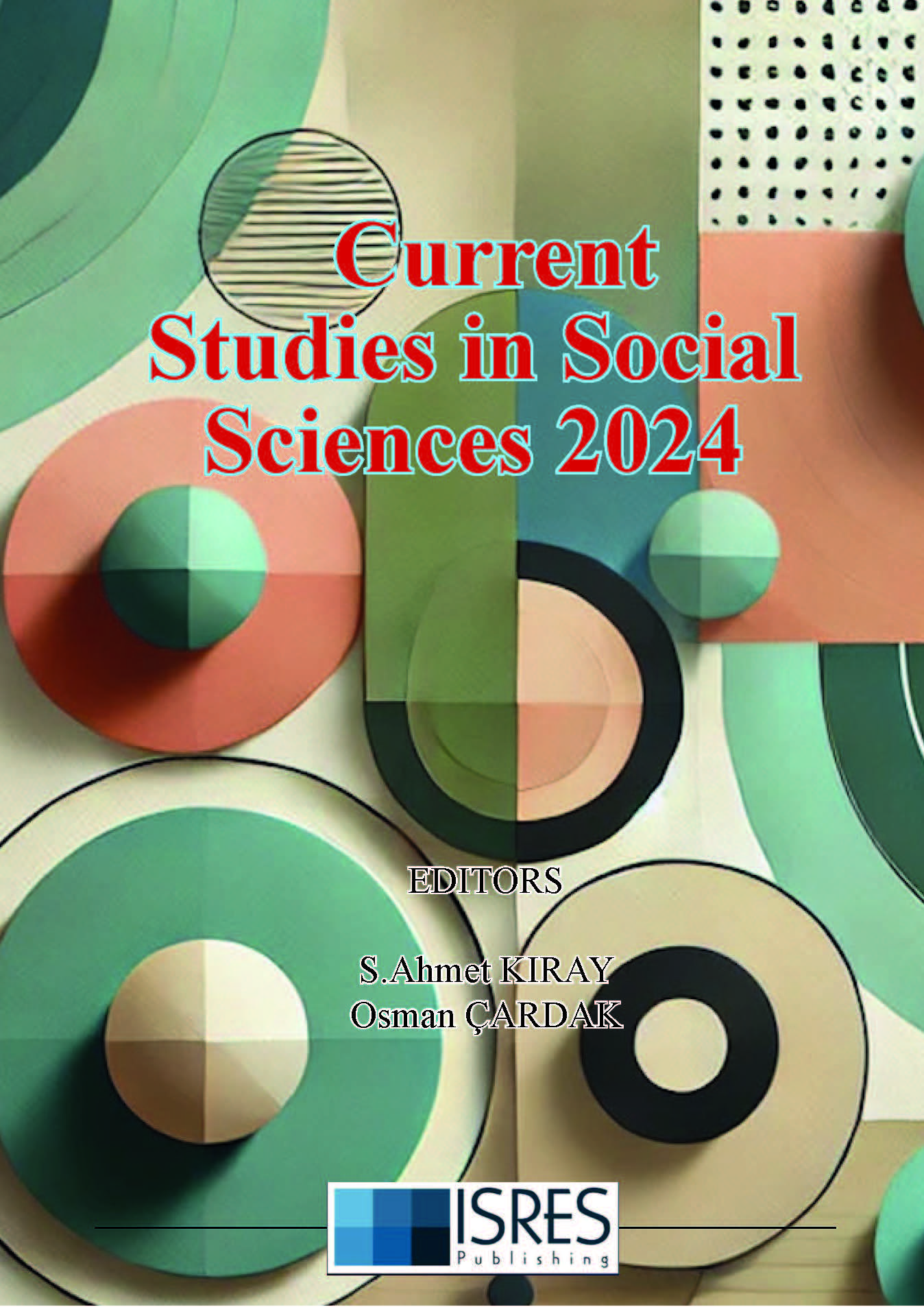
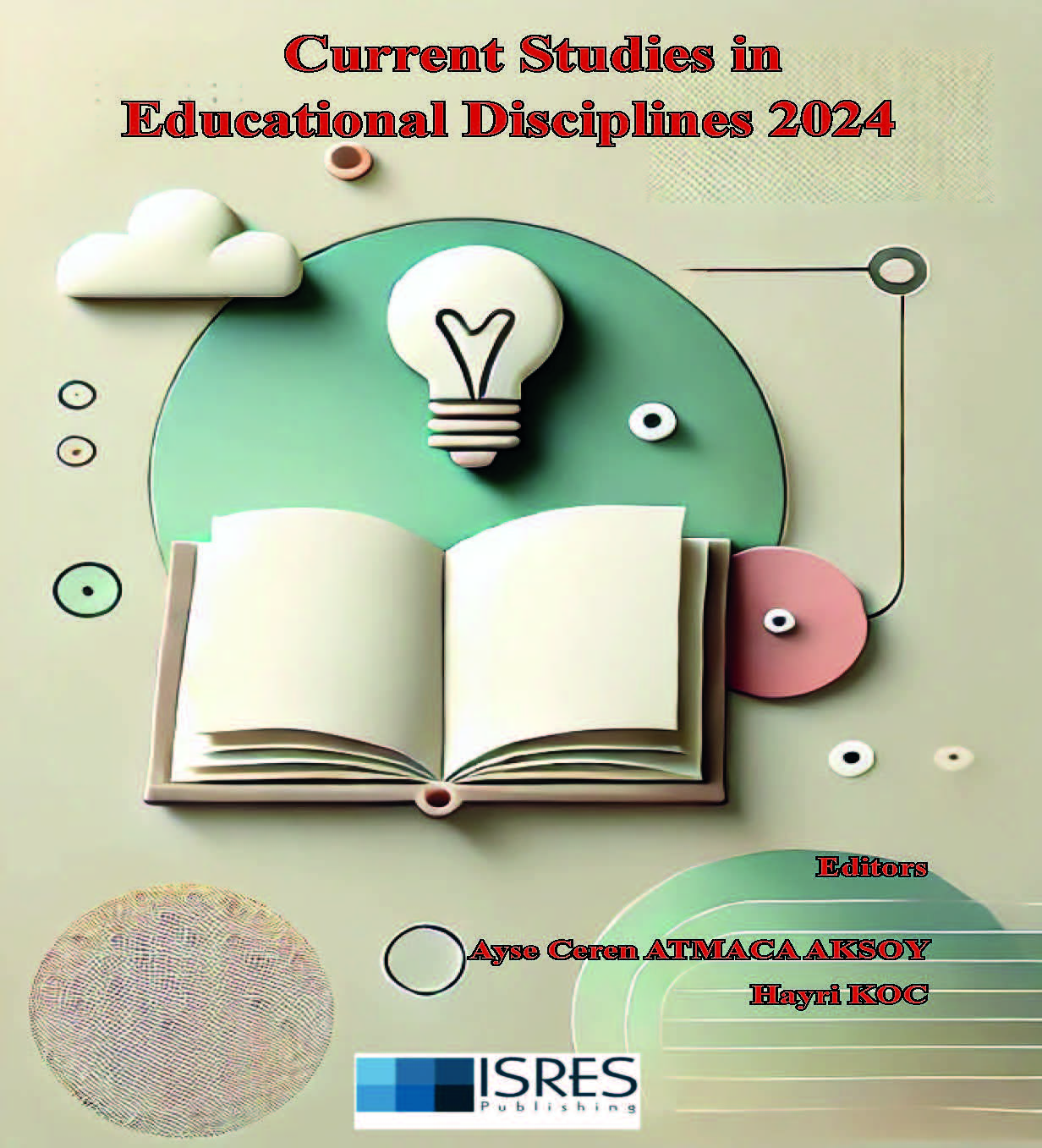
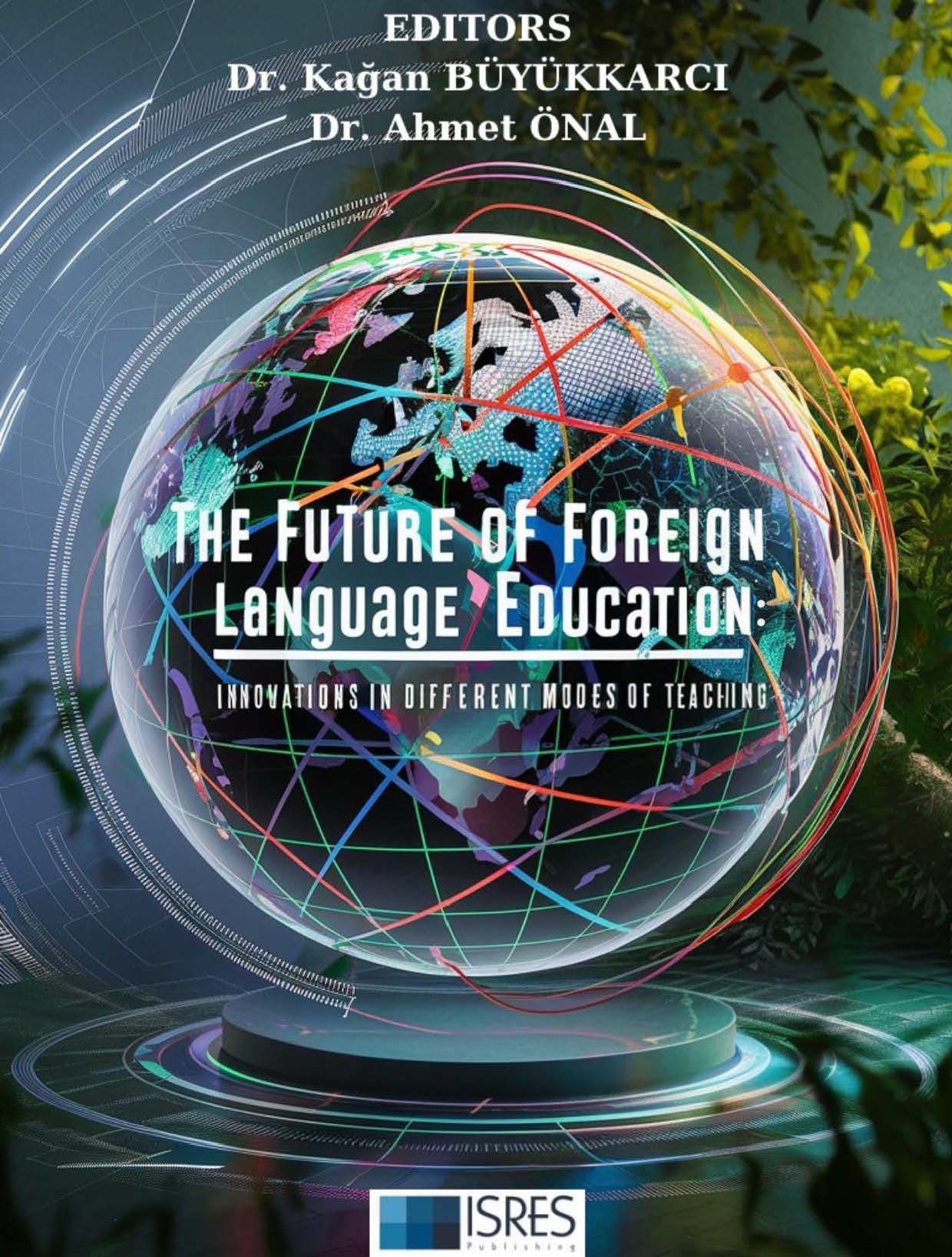
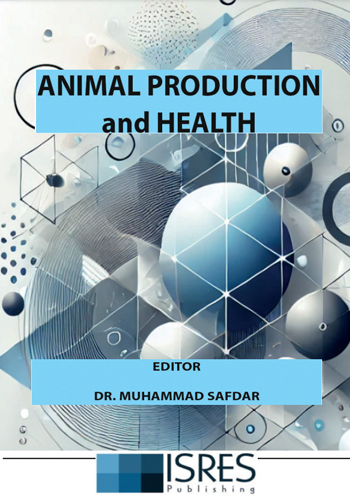
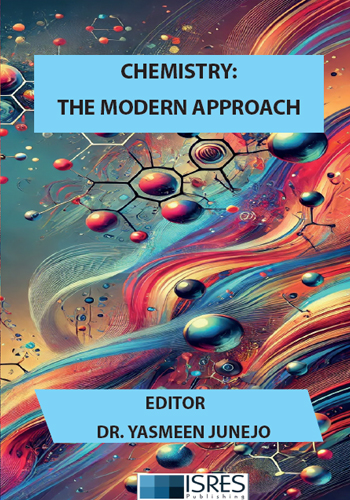
 (1)_16-12-2024.jpg)

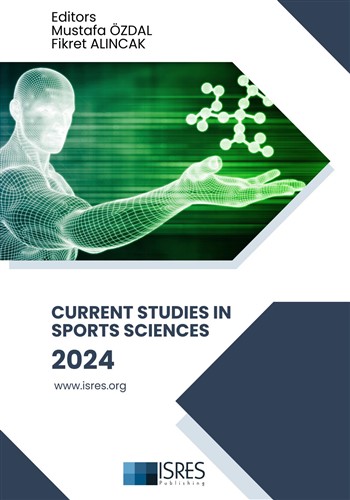
_29-12-2024.jpg)
 (1)_01-01-2025_10-03-2025.jpg)
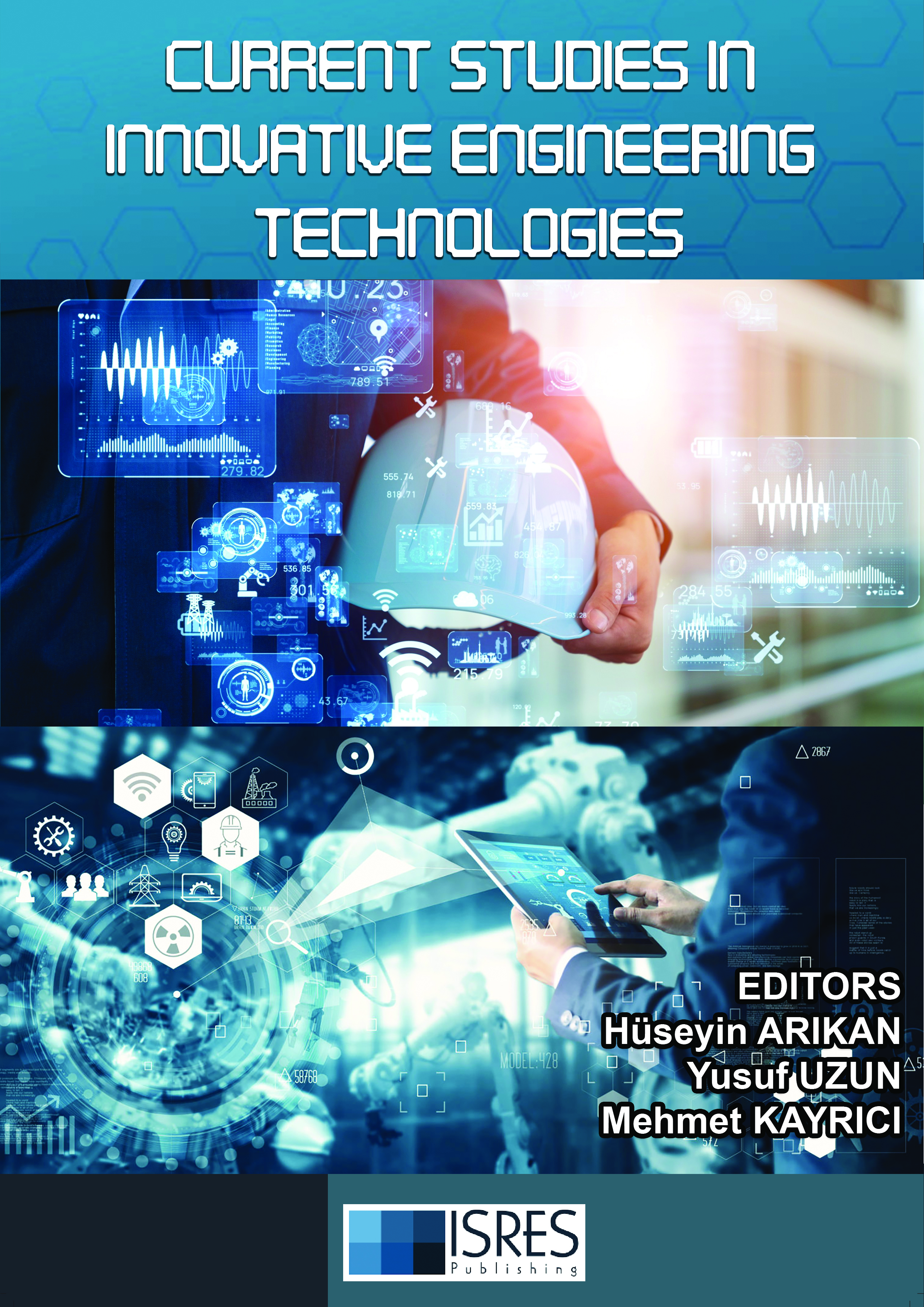
_01-01-2025.jpg)
